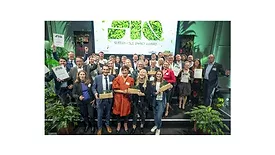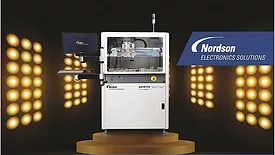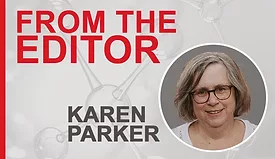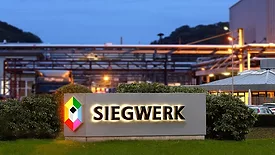Home » innovation
Articles Tagged with ''innovation''
From the Editor
Science and Engineering R&D and Output: How the U.S. Performs
April 23, 2024
Adhesion Society Welcomed Diverse Group to Annual Meeting
Some 260 attendees encountered a compelling program that offered over 150 presentations covering a range of topics, from organismal and biomimetic adhesives to adhesives in transportation to fracture mechanics.
April 22, 2024
Keep the info flowing with our eNewsletters!
Get the latest industry updates tailored your way.
JOIN TODAY!Copyright ©2025. All Rights Reserved BNP Media.
Design, CMS, Hosting & Web Development :: ePublishing

.webp?height=168&t=1715382350&width=275)
.webp?height=168&t=1685029884&width=275)







